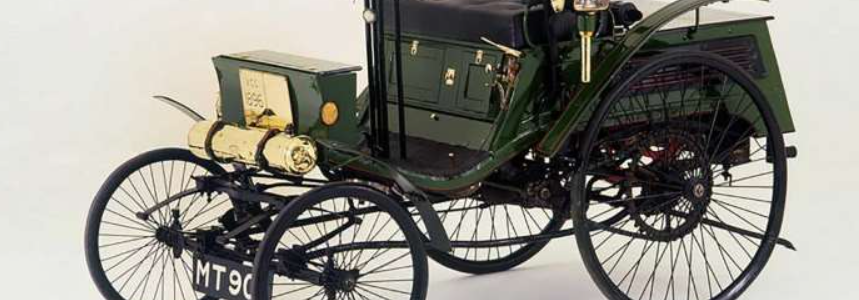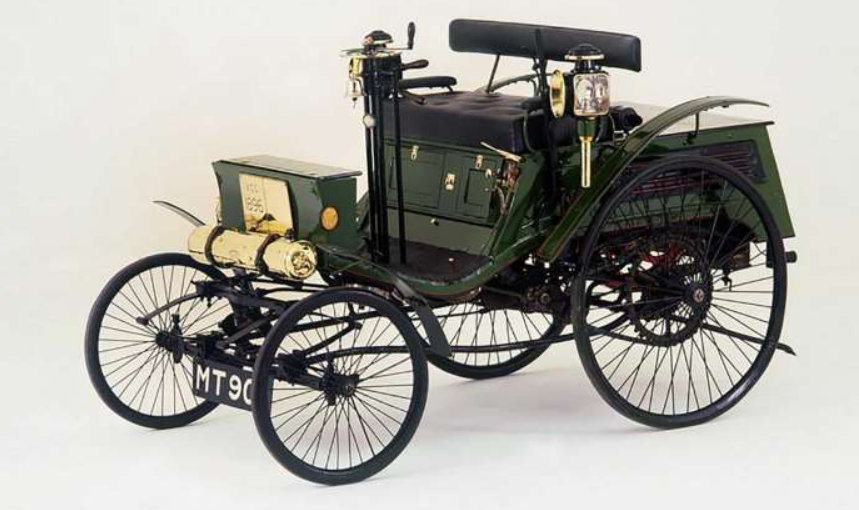
world first-ever speeding ticket

A Police Constable at Paddock Wood, Kent issued the World’s First-Ever Speeding Ticket to Walter Arnold who passed the bobby at a scary speed of 8mph, clearly breaking the speed limit for one of these infernal machines, which was 2 mph. The bobby on the beat set off in hot pursuit on his regulation issue bicycle, finally catching up with his deranged road racer after five miles. “ Gasp – didn’t you hear me shouting at you to pull over sir? Cough must ask you to accompany me hang on a minute Wheeze”.
Walter Arnold who was well ahead of the times, was no ordinary motorist as he was also one of the earliest car dealers in the country and the local supplier of Benz vehicles.
The London Daily News detailed the four counts, also known as “information” on which Walter Arnold faced charges at Turnbridge Wells Court. Arnold’s vehicle was described several times in the newspaper court report as a Horseless carriage and the case clearly raised some interesting philosophical and legal points for the bench.
The first count is for using a locomotive without a horse the next for having fewer than three persons in charge of the same, indicating the enduring influence of horse-drawn and steam locomotion when it came to legislating the new vehicles. Next came the actual speeding charge, for driving at more than two miles per hour, and finally a charge for not having his name and address on the vehicle.
In defence, Arnold’s barrister state that the existing locomotive acts had not foreseen this type of vehicle, throwing in the names of a couple of elite users, Sir David Salmons, and the Hon. Evelyn Ellis, who had never had any problems while out and about in theirs. Whether this was intended to impress the court or to make some point about one law for the rich and another for the man in the street is not entirely clear. Mr. Cripps defending, said that if the Bench considered the vehicle was a locomotive therefore presumably legislating it within existing acts, they should charge a nominal fine. Eventually, Mr. Arnold was fined 5 Shillings for the first count of using a carriage without a locomotive horse (aka horseless carriage) plus “ 2.0s 11d costs. On each of the other counts, he was to pay a 1shilling fine and 9 shillings costs. Effectively then his speeding offence cost him a shilling.
The first car had arrived in Britain six months earlier. By 1896, there were 15, and 800 five years later. There are now 40 million cars with traffic cops and speed cameras issuing 2.3million tickets a year.
